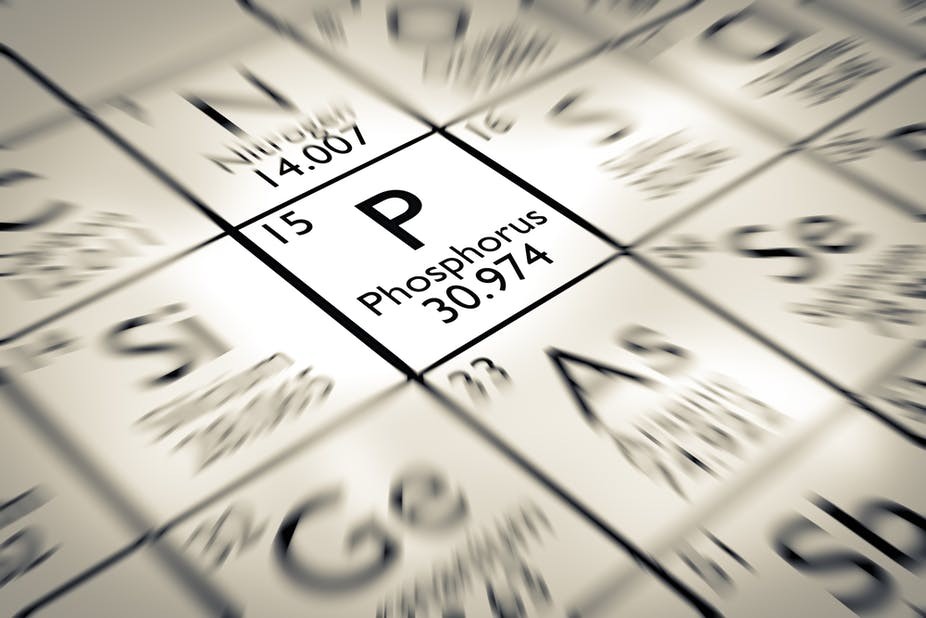About the test
Phosphorus is an inorganic element stored in its majority in bones (combined with calcium) whereas just a small percentage of it, is circulating in blood.
It has an essential role in bone and teeth formation. It contributes in muscle, kidney, cardiovascular and nervous system proper function. Its role is also crucial in protein and lipids metabolism as well as in energy storage within cells. Phosphorus is absorbed in the small intestine by a procedure enhanced by vitamin D. Its metabolism is dependent on diet and is regulated by parathormone.
Sample
Venous blood
Preparation
- 12hour fasting prior to testing.
- Cessation of food supplements, antibiotics, vitamin D, testosterone, lithium, insulin.
Procedure
Venipuncture (Prolonged tourniquet use should be avoided)
Increased values
- Renal disease
- Αcromegaly
- Bone tumors or bone metastases
- Drugs (androgens, ethanol, growth hormone, tetracycline, methicillin)
- Diabetic ketoacidosis
- Burnett’s syndrome
- Hyperthyroidism / Hypoparathyroidism
- Milk – alkali syndrome
- Stress
Decreased Values
- Alcoholism
- Hypokalemia
- Diabetic ketoacidosis
- Hyperinsulinism
- Hemodialysis
- Crohn’s disease
- Fanconi syndrome
- Hyperparathyroidism
- Drugs (aminoacids, anesthetics, antacids, corticosteroids, estrogens, insulin)
- Celiac sprue
- Vitamin D deficiency
Additional information
Phosphorus – Calcium relationship
Even though phosphorus is regulated by parathormone, the same hormone that regulates calcium, their relationship is inverse. The increasing of phosphorus in blood results in increased renal excretion of calcium and vice versa.

